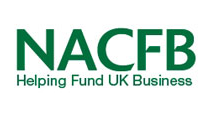Main Residence mortgages and BTL mortgages are regulated differently and are underwritten differently.
Main residence mortgages overview
To state the obvious, main residence mortgages are used to buy the property that you mainly reside in – your home. Having said that, some lenders will also allow main residence mortgages for second, or even third homes! All of these mortgages are deemed to be the lowest risk by lenders and consequently the cheapest rates are offered. They are Regulated Mortgages, which means that the lenders and brokers who offer and advise on these types of mortgages are closely monitored and regulated by the industry’s governing body, the Financial Conduct Authority (FCA). In addition, as customers you are protected by the Financial Services Compensation Scheme (FSCS) and Financial Ombudsman Service, in case anything goes wrong and you need to make a complaint.



 About Us
About Us